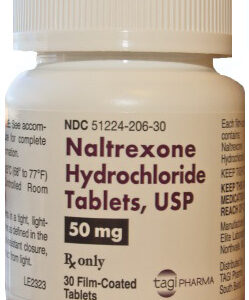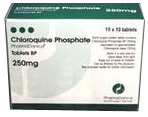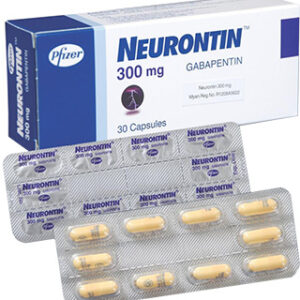Overview of Methotrexate
Methotrexate is a chemotherapeutic agent and immune system suppressant. It is used in the treatment of various types of cancer, severe psoriasis, and rheumatoid arthritis. Methotrexate interferes with the growth of certain cells, particularly rapidly dividing cells such as cancer cells, cells of the skin, and bone marrow cells.
Chemical Composition
The drug is chemically known as amethopterin or methotrexate sodium. As a folic acid antagonist, Methotrexate inhibits dihydrofolic acid reductase, impeding DNA synthesis.
Available Forms and Strengths
Methotrexate is available in multiple forms, including oral tablets, injectable (intramuscular, intravenous, subcutaneous), and oral solution. Tablet strengths typically include 2.5 mg and 10 mg. Injectable solutions come in various concentrations, commonly ranging from 25 mg/mL to 50 mg/mL.
Pharmacodynamics and Mechanism
Methotrexate’s mechanism centers on its antifolate activity, which blocks the synthesis of DNA, RNA, and proteins, affecting cellular proliferation. Its anti-inflammatory properties dampen the body’s immune response, implicating it in the treatment of autoimmune conditions.
Indications and Usage
Indications for Methotrexate include malignancies such as acute lymphoblastic leukemia, choriocarcinoma, breast cancer, lung cancer, and head and neck cancers. Additionally, it is prescribed for non-oncologic indications, e.g., severe psoriasis, rheumatoid arthritis, and juvenile idiopathic arthritis.
Dosage and Administration
Dosage of Methotrexate differs based on the condition being treated. In oncology, the dose may be administered according to the specific cancer treatment protocol. For rheumatoid arthritis and psoriasis, lower doses are employed, typically once a week. The method of administration can be oral, intravenous, or via intramuscular or subcutaneous injection. Dosage adjustments are often made based on individual patient response and adverse effect tolerability.
Pharmacokinetics
After oral administration, Methotrexate absorption varies and is dose-dependent. Peak plasma concentrations occur within one to two hours. It has a large volume of distribution and is extensively bound to plasma proteins. Methotrexate is metabolized primarily in the liver and excreted in the urine. Its elimination half-life ranges markedly, between 3 to 10 hours for low doses and 8 to 15 hours for high doses.
Drug Interactions
Methotrexate interacts with various medications, which can either increase its toxicity or decrease its efficacy. Concurrent use with nonsteroidal anti-inflammatory drugs (NSAIDs) can lead to increased methotrexate levels. Combination with other hepatotoxic drugs may enhance liver damage risks. Additionally, interaction with folic acid and folate analogs can affect methotrexate activity.
Contraindications and Precautions
Methotrexate is contraindicated in patients with known hypersensitivity to the drug, existing bone marrow suppression, severe renal or hepatic insufficiency, and in pregnant or breastfeeding women, due to potential teratogenic effects. Pre-existing infections or immunodeficiency conditions warrant cautious use due to immunosuppressive effects.
Adverse Reactions and Side Effects
Common side effects include gastrointestinal upset, stomatitis, bone marrow suppression, hepatic toxicity, and pulmonary toxicity. Other adverse reactions can include renal dysfunction, skin reactions, and CNS symptoms such as headache or dizziness. It is also linked to an increased risk of opportunistic infections due to its immunosuppressant nature.
Monitoring Parameters
Patient monitoring should include regular full blood counts, liver function tests, renal function tests, and chest X-rays when indicated. For those on long-term therapy, periodic liver biopsies might be recommended. Monitoring hydration status is critical during high-dose methotrexate therapy to prevent renal toxicity.
Overdose Management
In the case of overdose, supportive measures are initiated, and leucovorin calcium, a folic acid derivative, may be administered as an antidote to counteract methotrexate’s toxic effects on healthy cells. Hydration and urinary alkalinization may be employed to promote methotrexate excretion.
Patient Counseling Information
Patients should be instructed on the importance of adherence to the prescribed dosage and administration schedule. They should be informed about potential side effects and advised to avoid alcohol consumption due to the increased risk of hepatotoxicity. Women of childbearing potential must be counseled on the need for effective contraception during treatment.






Reviews
There are no reviews yet.